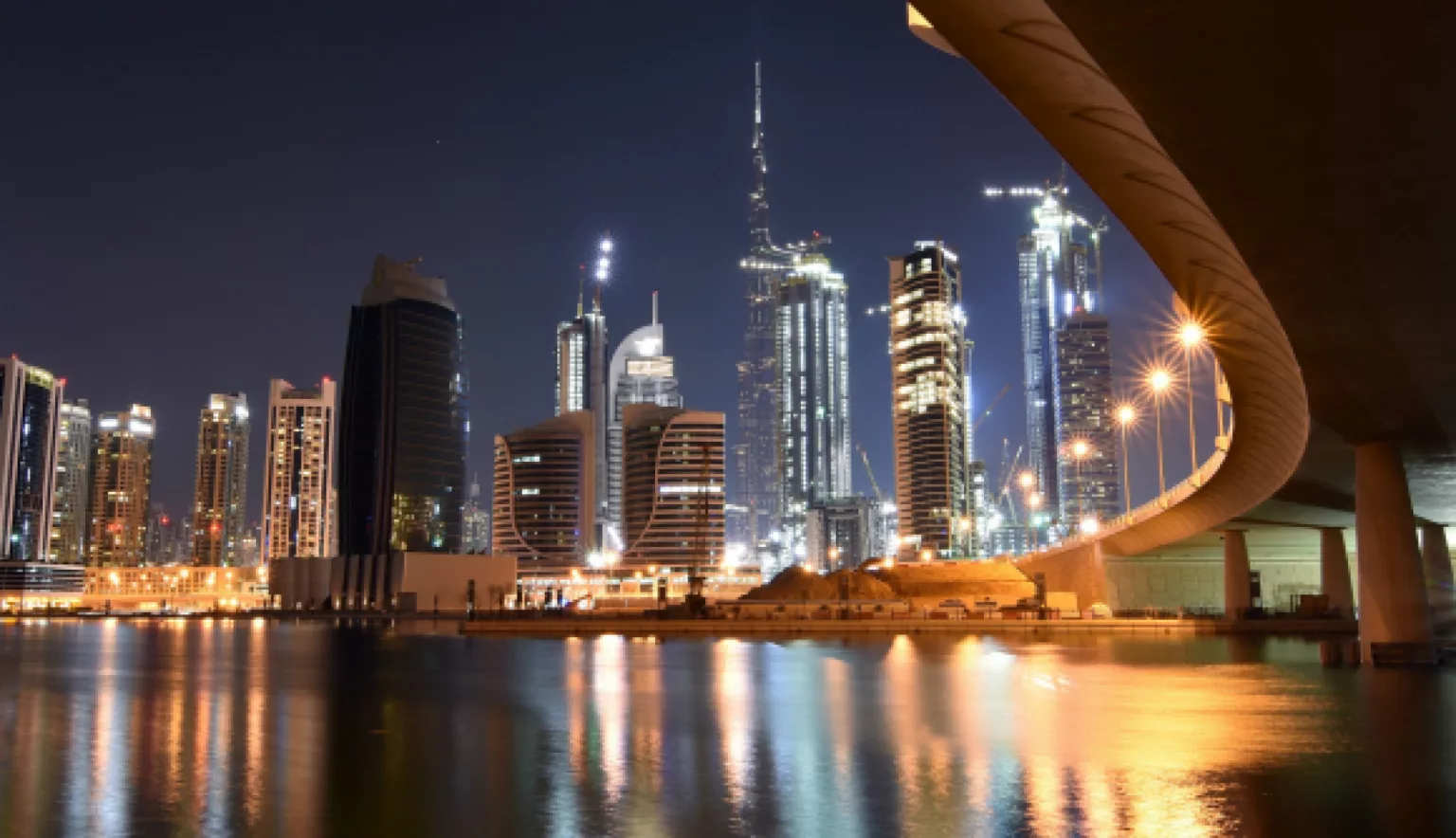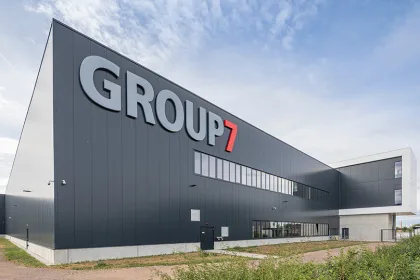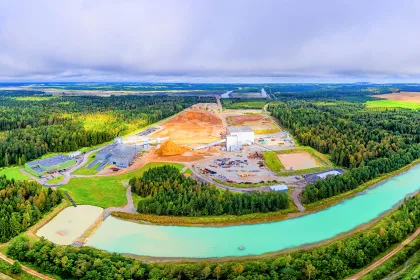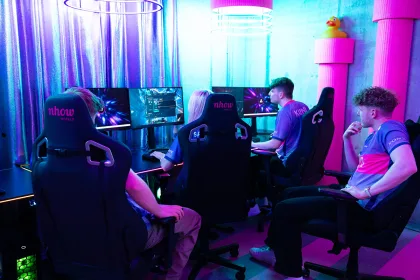In 2020, Dubai will host Expo 2020 in the only way this ambitious and fast-developing city knows how; with an audacious architectural vision that is a reflection of the modern connected world. Under the theme ‘Connecting Minds, Creating the Future’, Expo 2020 Dubai hopes to serve as a platform to generate sustainable solutions to global problems by fostering collaboration across cultures, nations and regions and aligning this with its own ‘Smart City’ vision.
- Q&A WITH DANA SALBAK, ASSOCIATE PARTNER, RESEARCH FOR KNIGHT FRANK MENA
- How do you anticipate the real estate market to develop over the remainder of 2016/beginning of 2017, and what industry factors are dictating this prediction?
- What wider industry challenges are affecting the high-end residential real estate market in Dubai?
- Nevertheless, where is international buyer interest currently coming from and what nations have slowed down their investments in Dubai?
- Lastly, is the Brexit vote having an impact on certain buyers?
With the desire to impress and showcase its own understanding of the Expo theme, Dubai has already made significant infrastructural investments to support the event; including – perhaps most notably – Dubai’s ‘Mall of the World’, the first phase of which will be completed before Dubai hosts Expo 2020. Elsewhere, the much-anticipated exhibition is having a positive effect on local real estate, specifically in the high-end housing and retail segments; with investors, both international and local, keen to expand the city’s existing infrastructure in preparation for the main event.
Dana Salbak, Associate Partner, Research for Knight Frank MENA (Middle East and North Africa), shares her input on the real estate market outlook for the remainder of 2016 and beyond.

Q&A WITH DANA SALBAK, ASSOCIATE PARTNER, RESEARCH FOR KNIGHT FRANK MENA
How do you anticipate the real estate market to develop over the remainder of 2016/beginning of 2017, and what industry factors are dictating this prediction?
Dana Salbak (DS): While the market is exposed to global volatilities, continued Government spending on infrastructure projects in the lead-up to Expo 2020 – the first world exposition ever to be held in the Middle East, Africa and South Asia region – in addition to expansion of existing infrastructure such as Dubai Airports and Emirates Airlines, will continue to drive the market forward. Added to this is the availability of Grade A investment products, which are likely to attract investors. Also, the improvement in market transparency and development of rules and regulations, such as mortgage caps and higher property transfer fees, are all expected to propel the market into another growth cycle in the lead up to Expo 2020.
Moreover, the residential market in Dubai is expected to continue softening over the second half of 2016. While it’s difficult to predict when the next growth cycle will be, we expect the residential market to level out by the end of 2016 before seeing gradual recovery in 2017. We expect prime residential properties will continue to outperform the overall residential market average in the short to medium-term.
What wider industry challenges are affecting the high-end residential real estate market in Dubai?
DS: Prime properties are generally undersupplied in the market, which explains the resilience of their prices. Also, demand for these properties is not as volatile, considering it is a niche market and investors are willing to pay a premium to be owners of prime property. Many use these as their primary homes, but others as secondary homes, particularly other Gulf Cooperation Council nationals from Saudi Arabia and Kuwait.
The outlook for the Emirates in general and the real estate sector in particular depends on a number of global and regional fundamentals. Further volatility in oil prices, the US presidential elections in November, 2016 and ongoing geopolitical tensions are likely to impact the behaviour of currencies, investor sentiment and, consequently, the demand for property.
Nevertheless, where is international buyer interest currently coming from and what nations have slowed down their investments in Dubai?
DS: In the first half of 2016, 149 nationalities bought property in Dubai. If split regionally, UAE buyers top the list of investors, followed by Saudi Arabians; who own property in the UAE as a second home. Looking internationally, Indian buyers came in the top of this investor field, while the British were second. The UAE has historic business ties with both India and Britain, which explains why a lot of the capital inflows come from those two nations.
The list of top buyers has been consistent; with Indians, the British and Pakistanis leading foreign investors. Russians were also always keen buyers of property in Dubai. However, interest has slowed down on the back of the devaluation of the rouble versus the dollar. Having said that, Russia is still the sixth-largest buyer in Dubai and remains a significant long-term investor.
Lastly, is the Brexit vote having an impact on certain buyers?
DS: Statistics from the Dubai Land Department show that Britons invested US$1 billion in Dubai property in the first half of 2016 versus US$1.3 billion in the same period in 2015. While these numbers imply that the value of investments might slow down following the Brexit vote – as they have already – it’s still quite substantial, but we don’t foresee this dropping drastically.
The commercial ties between the UAE and the UK go back long before property was established as a major industry in the UAE. Many families who have lived in the UAE in the 1960s and 1970s continue to do so and have raised their families here; who have now in turn come back to choose Dubai as a home for them or a second home, and have invested accordingly.
Adding to this is the volatility in oil prices which has had an overall impact on investor sentiment, which was reflected in the 12.4 percent drop in the value of transactions in the first half of 2016 versus the same period in 2015. However, in terms of specific nationalities impacted, the list of top buyers remains consistent with historic ranking.

































